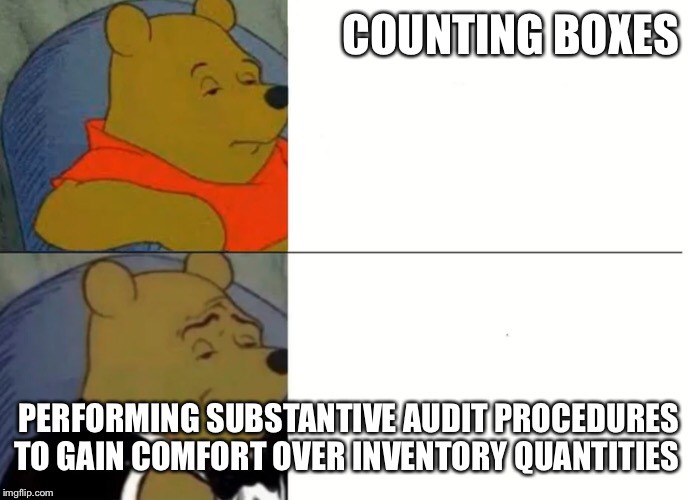Related Posts
More Posts
Thank goodness I'll never have to do another IO.

Thanks EY1 🖤

I want to move my PF from wipro to TCS, my last working day is updated in epfo portal. I could see TCS details. I entered my TCS PF details
Next needed was to get attested with current or previous employer. I tried to go with Tcs as they were present employer but could NOT see TCS listed to choose as present employer tab as it was showing previous org
What should I do now. I don't want to do attestation with previous employer Tata Consultancy
Additional Posts in Technology/IT Consultants
New to Fishbowl?
unlock all discussions on Fishbowl.




In government we have these a lot so here is my take:
A managed service provider is like DISA, not only are you paying them to host your apps but also to manage a portion of them (VM, backups, etc). A reseller is becoming more common as most cloud contracts, like with Azure or AWS, have to go through a middleman. The contract is with the middleman so all negotiations must go through them. Huge scam in my opinion; government would have been better off investing in DISA but whatever.
I would think of managed services as a menu of common cloud activities that are provided to multiple clients (ie patching VMs, security/hardening, etc).
SI is the person doing the targeted implementation/has deeper context to the effort as a whole.
Reseller you are pretty much right.
Bowl Leader
Also, search for a “responsibility matrix”. Look for one that lays out the customer vs. provider responsibilities by technologies e.g., IaaS, PaaS, SaaS…
That’ll help you think about the managed services that could be provided that D1 was talking about.
A managed service provider (for example a company like GDIT or Leidos and maybe BAH) will manage the Platform on behalf of a customer. So say the government wants to use AWS, but doesn’t have the staff or ability to work directly with Amazon, they will contract this work to a provider to manage (build, maintain, operate, etc) for them. The provider does all the in-between work so that the customer doesn’t have to fret the details. In many cases, the actual platform provider may not have the experience or capability or right contract vehicle to work with the government directly. This is why you see companies like Amazon and Microsoft and Google forge partnerships with contractors who have existing contract vehicles to work directly with the gov.
A system integrator differentiates a contractor from, say, a product company, though it can be both. Many of the companies I mentioned above are integrators in the sense that they integrate different solutions from multiple vendors or platforms to deliver a service to the customer. For example, building a network requires that you integrate different systems, hardware and software, work with vendors, etc.
Resellers are what you described and sometimes offer discounts to these companies often through a bidding process.
Hope this helps.